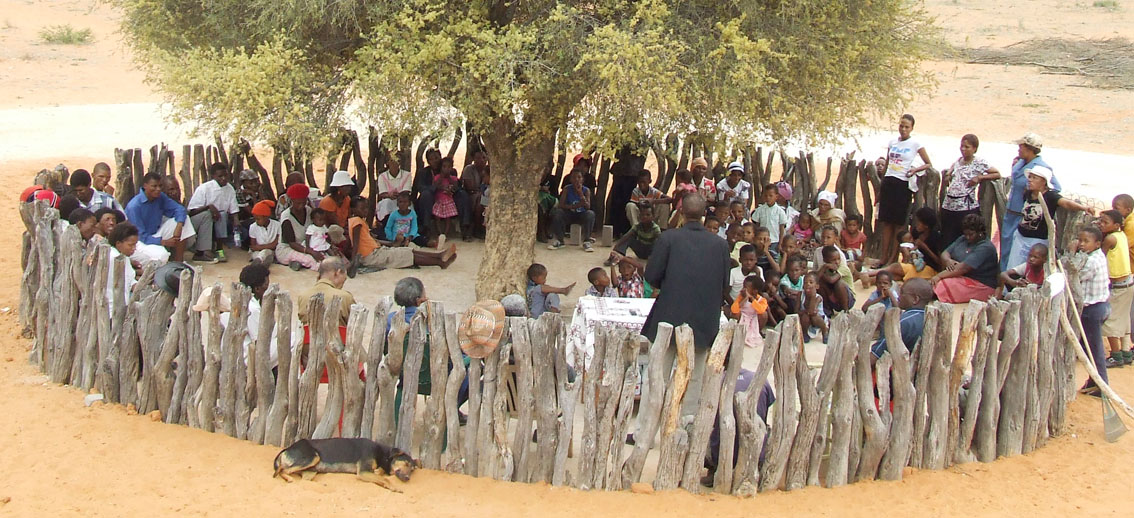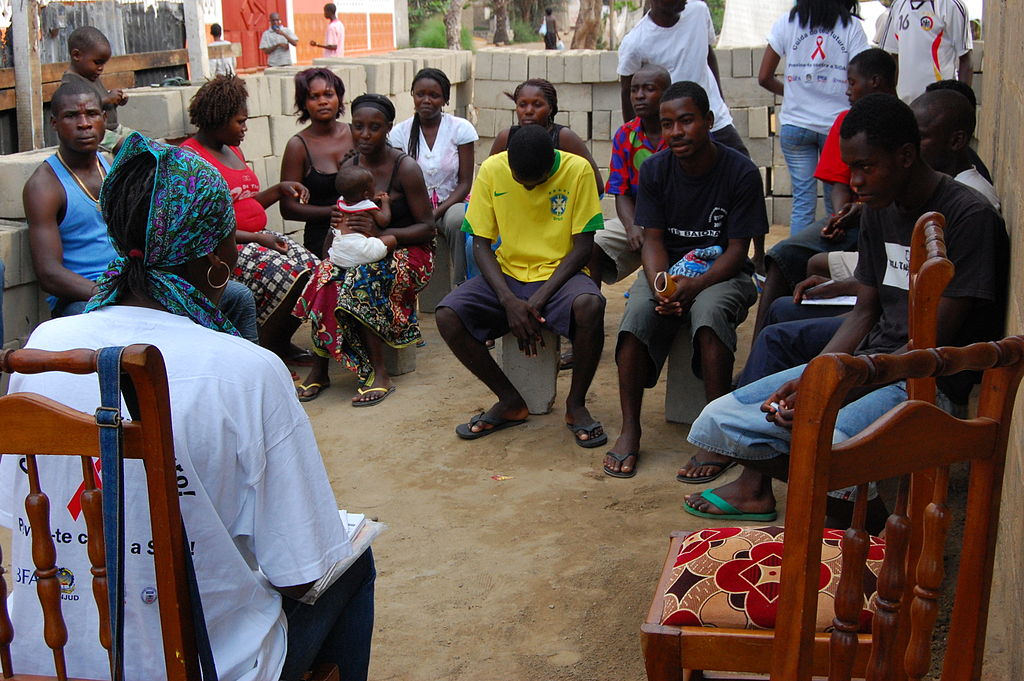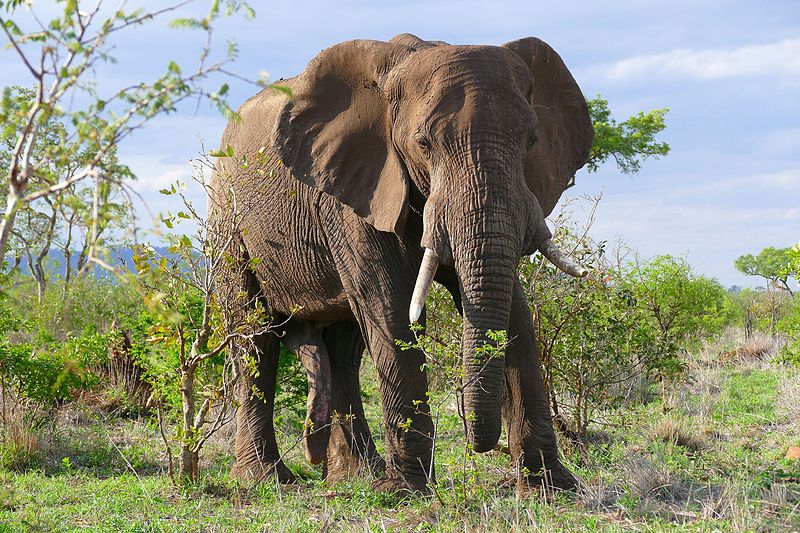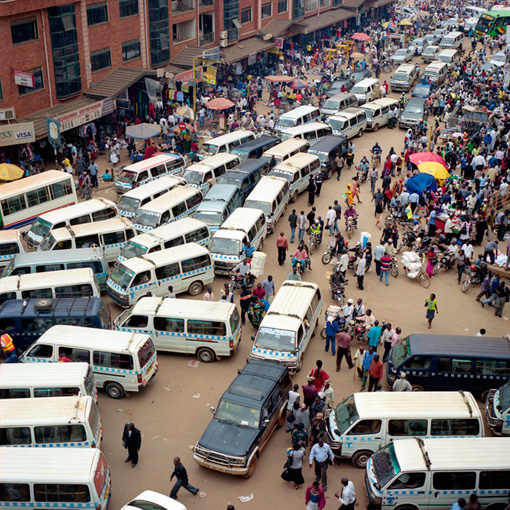A saintly friend who ‘squandered’ much of her life caring for the disabled in the Kalahari once described to me what the HIV/AIDS pandemic had done to her settlement. ‘We are punch-drunk with sorrow and loss,’ she said, ‘as though pummeled by a heavy-weight fighter round after punishing round.’ This nun had no interest in sports, least of all pugilism, but she had to reach far to convey her reality.
This likeness of what pandemic can do to a society took in vast swatches not just of southern Africa, but the globe, during the AIDS-ridden ‘80s and ‘90s. Mounting losses, grief cascading upon grief, left families and communities staggered by the blows. Compassion and empathy, nearly exhausted, were supplanted by lethargy and indifference as though survival mode was throttling all expenditure of inner capital, imposing a kind of moral hibernation. The result was neglect – of fields and gardens, of social and civic duty, of planning, of family bonds and obligation, and yes, of self, especially in the absence of spirited leadership.
I recall visiting a village overlooking the Limpopo river – its cemetery now nearly as large as the village itself and strewn with pitiful plastic flowers – where the elders, gathered in a circle, allowed as how they were capable of nothing more. They enumerated the losses: their teachers, healers, shopkeepers, builders, pastors, nurses, craftswomen and even their chief. ‘Our arms are limp now’, they confessed. ‘The last hope is that someone beyond the sea will find a cure. Our souls are in the hands of distant strangers.’ That not all grace had abandoned them in their plight became clear when, upon taking leaving, I found a small squash in my vehicle as a parting gift. It was an exquisite gesture not just in view of local deprivation, but more so as moral feat.
What impresses about these communities of the unnoticed along global byways, desperate as they are, depleted though they be even by pandemic, is their capacity to soldier on in the face of contrary winds. Without control of their own fates. They do not squander energies in shaping a future they do not own. They are the obverse of entitled moderns. Generational hardship has taught them to place one tenacious foot ahead of the other. Such is the path to survival of body and heart. Such is their secret of resilience.

But their cousins, including you and me, who have been schooled on the campuses of self-captaincy, of self-improvement and you-can-be-anything-you-want-to-be, may well find ourselves ill-equipped to cope with a scene swept by powers – read, pathogens – beyond our control and of unpredictable outcome.
We woke up one day in our town to be greeted by just such a story about pandemic weighing heavy upon fast-track moderns. It seems the jet-pilot of a regional airline had learned he was HIV-positive, and then been laid off his job. He went to the airport, took the controls of his aircraft and taxi’ed it straight into the terminal buildings causing a conflagration that took his own life and injured others. Squeezed in the grip of forces beyond his control, with horizons collapsing around him, he saw no way forward. Though the pilot’s despair was spectacle of a rare kind, our neighbors felt a certain sympathy for its reasons. If carefully laid plans, if striving in hope of reward can be brought to naught in an instant, they said, can life continue at all?
The elders by the Limpopo profess bewilderment at such stories. ‘How did we fail to impart strength to our children?’ they ask. The backcountry may well be battered by cruel reverses too, but it plods on.



There was a beautiful spring or some sort of water source east of Palaype that I passed once looking at chicken flocks with Lynn Miller. I never conjured up a reason to do a project there but my soul wanted to. Oh for the peace of the Kgotla instead of the drum of a huckster beating on our grief of things lost.
Hi, Larry! Good of you to check in with your recollection. Yes – the Moremi Gorge just beyond Old Palapye, a striking scene of waterfall and cleft geology. Worthy of a film setting. Don’t miss it when you’re next in the neighborhood.
Thank you, Jonathan. I’m back. Your wisdom stretched between near and far are what I need. And courage. Strength to you, Nina
Hello, Nina! Grateful here to know you’re back! That filigree web of connection is a great gift, never as precious as now.
The strength and wisdom of ancient cultures. Were that we were wise enough to learn. Thank you for the reminder of the kindness, generosity and hospitality of wiser people.
Hello, Tim! The remarkable thing about these cultures is the deep root that stretches back to time immemorial – the capacity to survive, the gathered wisdom of the ages; but also how fragile they are in the face of fast-track life, modern technology. So many of the children in the village circle above will soon find themselves severed from that ancient patrimony.
Rrago Marang Jonathan Larson, you remind of of our visits to Mogoditshane at MmaChabe’s. Where we did everything we could to help the woman who was HIV positive and had taken in HIV positive children to care for. The poor people are rich at heart and love the Lord. God will heal their land.
Eeeeeh, mmago Theri! Ga ke a lebala mosadi yole. I hope to tell part of her worthy story in an upcoming post.